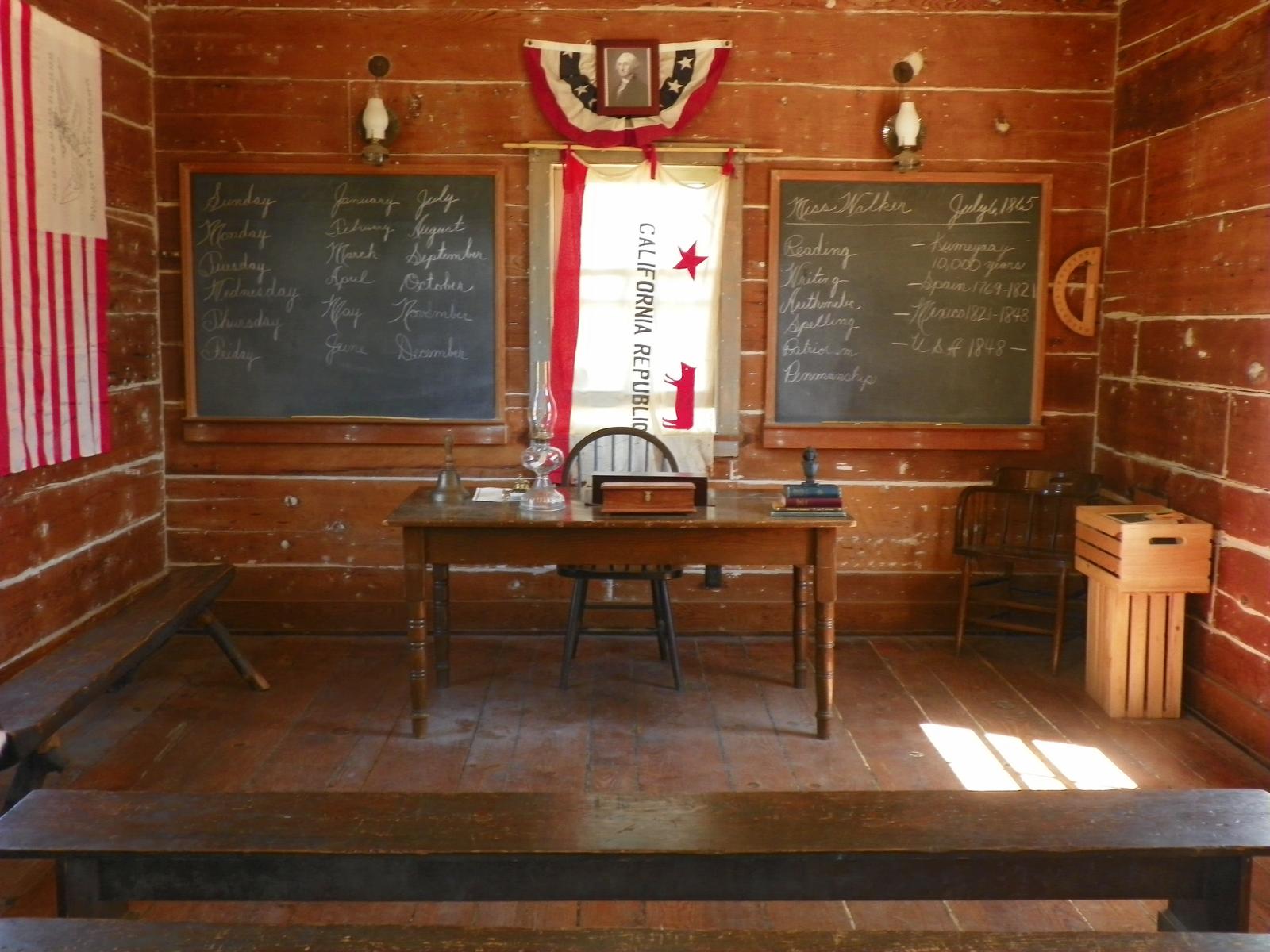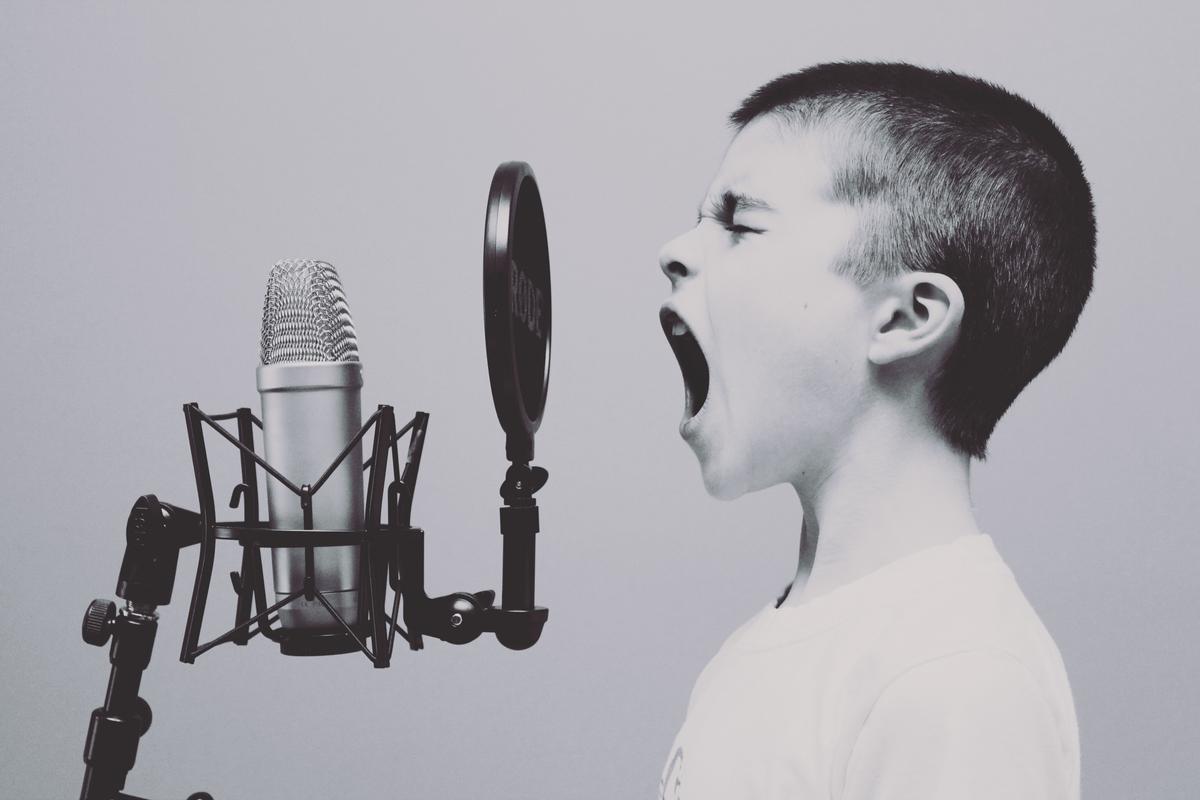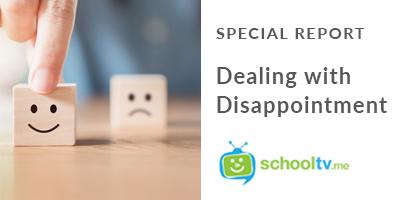principal's message

take control (and let go)
I want to yet again say a big congratulations to everyone for your management of the past few weeks. We have all faced challenges and, together, we are overcoming them. This week we have received an incredible amount of feedback from families (to teachers and to the school) that the home learning plans are getting better. This is fantastic news! But don’t think that we are all going on holidays now - we are always looking for how we can improve our teaching and how we are supporting home learning.
Next week there is going to be a focus on how people are ‘making learning their own’. We want your children to continue learning, but never to the detriment of your household peace, your relationship with your child or your child’s relationship with learning. We have loved hearing different stories of how people are adapting lessons and tasks to fit within their family, home environment and mood.
During school council last night, I was quite moved by one recount of what a family has done to create the right learning space for their grade 1 child. Over the first couple of weeks, the child was resistant to learning from home, so the parents got wonderfully creative and worked towards developing a school atmosphere at home. Now this went well beyond bells and snack times, this family have created spaces for other students to sit and imagine the other students are there. The parents ask the child about who might have their hand up, who might be helpful, who might be distracted and how we could help them. They ask about what the teacher would do to support the kids and recreate all of this in their home. The result? The child is now engaging in more school work, because she feels as though she is at school! I absolutely love the creativity, persistence and imagination shown here. But it’s also great practice; I have long said that 100 children is easier to manage than 1, as connectedness and social norms influence our behaviours. Next week we will be asking for more examples of how families are making learning their own - to celebrate the creativity and passion that our school community has in volumes!
teleconferencing... is it happening? or not?
This is a question the school receives several times a day and unfortunately, there is no quick answer to it. Just as we don’t want you to follow our home learning plans to the detriment of other aspects of your family or home life, as a school we will not engage in activities that might be to the detriment of your children. But let’s be clear - that’s not a no!
This week we received many responses to our teleconference survey. Thank you to all the community members who were able to share their insights, the early information was discussed at the Education Committee on Tuesday, with updated information discussed at School Council on Thursday. At these meetings, we didn’t just talk about the risks, we also discussed the benefits of two-way interactions and how we might achieve the benefits, whilst mitigating the risks. We are committed to moving towards teleconferencing, but everyone agreed that a staged approach was important for the safety and wellbeing of all our community members. This staged approach won’t last forever, though!
This week we trialed one-way teleconference lessons in music
Mid next week, we intend to have a draft Code of Conduct distributed to families for feedback.
By the following week, we hope to be trialing two-way teleconferencing
In the meantime, our Education Committee thought it would be beneficial for us to outline the current knowns.
Teleconferencing will not be…
Whole-day teaching sessions
Mandatory
Teleconferencing might be…
A few times a week
For approximately 30 minutes
Optional
Holistic in nature (engagement, checking in, answering questions about work, sharing a laugh)
Teleconferencing will be…
Safe
Equitable
Planned in collaboration with all stakeholders and using the most current high-fidelity knowledge available
Facilitated by teachers who are trained in the platform and aware of the security requirements
We thank you for your patience and understanding in the timeline required to develop a document and process like this. We look forward to continuing to improve how we engage your children in their learning during this term and for the opportunities to extend our learnings and practices into future terms.
JBHiFi & device discounts
After identifying how many families in our community do not have devices, we have investigated ongoing options to provide support to our whole community, both now and beyond COVID-19. At last night’s meeting, our school council approved the move to partner with JBHiFi and offer our families significant discounts on digital devices. This program will take a week or two to set up, but we wanted to let our families know that this will be offered soon. We will continue to update you through the newsletter over the coming weeks.
Please note, the school and school council are not promoting JBHiFi as a preferred company and we always recommend families to conduct price checks at several companies before committing to any purchase.
dealing with disappointment
The Coronavirus is impacting families around the world and changing how we do things on a daily basis. In many cases, it has resulted in the indefinite postponement of many special, and often long-awaited events, such as milestone birthdays, sporting competitions, school trips and family holidays.
Disappointment can be a tricky emotion to deal with at any age, but particularly for young people whose world has been turned upside down in a matter of weeks. Although disappointment is a normal part of growing up, adults need to remember that kids have a lot of choice regarding how they respond to it. Their response will determine the impact on their future happiness. Disappointment is considered a healthy and positive emotion that is essential to a child’s emotional, intellectual and social development.
It is important to help kids manage their disappointment in order to avoid stronger emotions such as anxiety and depression. Although your first reaction may be to fix the problem, it is better to encourage them to find the words to express how they feel.
In this report, Dr Michael Carr-Gregg provides some tips on how to help children process disappointment and look at the problem objectively.
mental health supports online
Head to Health is a wonderful online resource for mental health, developed by the Australian Government's Department of Health. There has recently been an extensive addition of COVID-19 resources that may be of assistance to our community and those connected to it.
what about screen time?
We have all had to make some sudden and unexpected changes over the past few months and many of us are now engaging in behaviours that we wouldn’t normally have done. There have been some positives out of this, with household pets probably being the biggest winner in it all, but even as we find our new rhythm and routine, there are some questions and challenges that we continue to face.
This article from the Murdoch Children’s Research Institute unpacks some of the challenges families face in balancing out screen time during COVID-19 and provides some supportive resources that may be useful in your own homes.
working/teaching/parenting/surviving/thriving
We love being teachers, many of us feel it was a calling from way back! But what we do at school, and what you are trying to do currently at home are two entirely different things. As a school, we are listening to feedback and stories of your experiences at home, with an intention to tailor our educational support to our community. Our main focus is on your children; their education and wellbeing. But you are also in our sights! These episodes of ‘Parental As Anything’, titled How to manage working from home with kidsand How to Homeschool, have been shared with the school as a potentially helpful resource for some of our families.
Another resource that we would like to share is an article from Andrew Fuller, titled Three Big Things Parents can do to help with Home- Based Learning. Andrew Fuller is an Australian clinical psychologist and family therapist, with a long career in providing practical advice for families.
We know all families are different, but hope that each resource shared in each newsletter will provide some familiar stories, new insights and practical support to our community.
Be well. We are thinking of you. We are with you.




